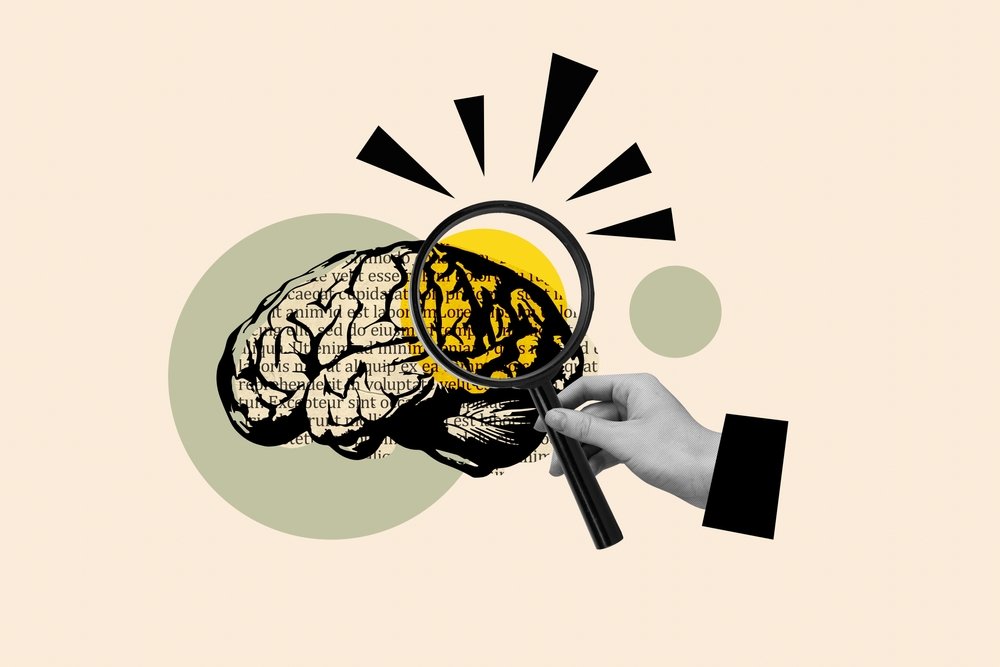Psychedelics have re-emerged as powerful tools for healing, self-discovery, and even spiritual growth. However, with increased interest and accessibility comes a responsibility to educate and raise awareness around their effects, potential benefits, and associated risks. In this article, we’ll explore why education on psychedelics is critical for individuals, communities, and society, and we’ll outline some key areas where knowledge can make a significant difference.
1. Understanding the Science of Psychedelics
Psychedelics, such as psilocybin, LSD, and DMT, interact with the brain in complex ways, primarily by affecting serotonin receptors. This interaction often results in altered states of consciousness, perceptual changes, and a sense of interconnectedness. Although there is still much to learn, researchers have found that psychedelics can potentially help treat conditions like depression, PTSD, and addiction. By understanding the science behind these substances, we can better appreciate both their therapeutic possibilities and the precautions needed.
2. Harm Reduction: Prioritizing Safety
Education around harm reduction is crucial for those interested in psychedelics. Harm reduction encompasses practices that minimize the risks associated with drug use, including the importance of dosage, setting, and mental preparedness. People who understand these principles are better equipped to navigate psychedelic experiences safely and responsibly. For example, recognizing the importance of “set and setting”—a concept describing how mindset and environment affect a psychedelic experience—can help individuals avoid potentially negative experiences.
Tips for Harm Reduction:
- Start with a low dose, especially for new users.
- Choose a safe, comfortable setting with trusted individuals.
- Have a “trip sitter”—someone sober and supportive to help guide the experience if needed.
- Research potential interactions with other medications or health conditions.
3. Therapeutic Applications: Healing with Psychedelics
The resurgence of research into psychedelic therapy has shown promising results. Studies have shown that psychedelics, when used in a controlled, therapeutic setting, can help alleviate treatment-resistant depression, anxiety related to terminal illness, and more. Many therapists now incorporate psychedelic integration therapy, helping individuals process and integrate their psychedelic experiences into everyday life.
Understanding these therapeutic uses can destigmatize psychedelics and shift the perception from recreational drugs to potential healing tools. With more education, people can make informed decisions and explore potential alternatives for mental and emotional healing.
4. Legal and Ethical Considerations
The legal status of psychedelics varies widely across the globe. In many places, psychedelics remain illegal, while other regions have decriminalized or allowed regulated use for therapeutic purposes. Being educated about the legal implications of psychedelic use is essential. For example, in some U.S. cities and countries, possessing small amounts of psilocybin may not lead to arrest, but the sale or distribution remains illegal.
Ethical considerations are equally important. Psychedelics often come from traditional indigenous practices, such as the use of ayahuasca by Amazonian tribes. Learning about these cultural roots encourages respect and ethical practices, especially when sourcing and using these substances.
5. Responsible Usage and Preparation
Educating oneself about psychedelics also means learning how to prepare responsibly for an experience. Psychedelics are powerful tools that should be approached with intention and respect. Preparation includes assessing one’s mental and physical health, setting clear intentions, and creating a safe, distraction-free environment.
For example, people who are dealing with intense anxiety or are in emotionally unstable phases may not be ready for a psychedelic experience, as it could potentially worsen their mental state. By educating oneself on how psychedelics can affect mental health, individuals can make more informed choices.
6. Integrating the Psychedelic Experience
The insights gained from a psychedelic experience are often profound, but without proper integration, they can fade over time. Integration is the process of applying insights gained from a psychedelic experience into one’s daily life. Educating oneself on integration practices—such as journaling, therapy, meditation, or creative expression—can help in making the lessons learned more lasting and impactful.
7. Community and Support Networks
Creating or joining a community of like-minded individuals can be extremely valuable for those exploring psychedelics. Many people benefit from discussing their experiences with others who can offer guidance and support. As more people become educated, the stigma around psychedelics lessens, and society becomes more open to supporting responsible use. Peer support groups, online forums, and community organizations can provide safe spaces to share insights and support each other on the journey.
8. Self-Awareness and Personal Growth
Finally, one of the most profound aspects of psychedelic education is self-awareness. Psychedelics often prompt individuals to confront deep-seated emotions, traumas, and questions about life, existence, and interconnectedness. Knowing oneself and understanding the inner workings of the mind can help individuals navigate these experiences constructively, transforming them into opportunities for personal growth and self-actualization.
Conclusion: Knowledge is Empowerment
In a time of growing interest in psychedelics, education is the key to fostering safe, responsible, and positive experiences. By learning about the science, therapeutic benefits, risks, ethical considerations, and importance of preparation and integration, individuals and society can move toward a future where psychedelics are respected and understood. As with any powerful tool, psychedelics demand knowledge, respect, and responsibility—and with the right education, we can ensure a safer, more conscious approach to these transformative substances.

